Research
Time
Friday 24 February
10:35am
Location
Boardroom
Speaker
Bronwyn Terrill
Manager, Education and Communication
Addresses conference themes of:
- Critical approaches to science and science communication
- New discourses and research coming in to science communication to reframe research agendas
Changing needs of citizens in the 21st century have prompted new thought about genetics-focused communication, teaching and learning. The “genetically literate” citizen has a working knowledge of genetics and uses it to inform their decisions. However, what constitutes a working or sufficient knowledge of genetics is unresolved.
This paper will report on data from a national multi-disciplinary project to explore Australians’ awareness, understanding and expectations of personal genomic testing. Personal genomic testing provides healthy individuals with access to their own genetic makeup for purposes that include ancestry, paternity, sporting ability and health.
Fifty-six members of the public participated in seven focus groups hosted over a two-month period in 2015. Focus groups were split across three age groups: 18-25, 26-49 and 50 years and over. Transcripts were coded and themes generated with a specific focus on genetic knowledge and literacy, including people’s knowledge of genes and DNA.
Findings from the focus group results were combined with existing literature to develop an online survey of public views and experiences of personal genomics, appropriate to the Australian context. A modified Delphi technique involving the research team and other experts was conducted to achieve consensus on the survey questions. The survey included 15 questions addressing knowledge of genomic testing. Results from the first 1000 responses to these knowledge questions in the survey are reported here.
With the complexity of genomic knowledge building in (and in some instances challenging) current conceptions of genetic literacy, this study will draw upon two existing models to analyse the focus group and survey results. These are: Sadler and Fowler’s content knowledge transfer model (2006) and knowledge hierarchies adapted for genomics from E.M. Rogers innovation-decision framework (Smerecnik et al., 2008; 2011).
From the focus groups, participants’ descriptions of DNA, genetics and genomics broadly reflected previously reported facets of genetic awareness in public audiences. They were familiar with ideas of heredity, acknowledged genetic influences on their characteristics, and spoke about genetic uniqueness. Although discussions focused particularly on genetic influences using language that could be described as highly deterministic, each group acknowledged the role of non-genetic factors such as diet, lifestyle and environment in the development of specific characteristics.
In the first 1000 responses to the survey, overall, the knowledge questions were answered well. However, key questions that were incorrectly answered reflected the three categories of content knowledge Sadler and Fowler identified as important to application of knowledge across different situations. These three questions also reflect different levels of genomics knowledge thought to support decision-making around new innovations. This highlights challenges in the expanding field of genomics and how the translation of genomics to new contexts may require tailored approaches to education and engagement.
Findings from the research thus far raise questions about language and content in existing educational materials and media briefings. This can be expanded further and we suggest different approaches will be required to tailor terminology around the technologies themselves, how they are used and the way individuals make sense of the contexts in which they encounter genomic technologies.
Bronwyn Terrill1, Jacqueline Savard4, Chriselle Hickerton2,3, Rigan Tytherleigh2,3, Ainsley Newson4, Clara Gaff5, Kathleen Gray2, Anna Middleton6, Brenda Wilson7, Sylvia Metcalfe2,3.
1 Garvan Institute of Medical Research
2 The University of Melbourne
3 Murdoch Childrens Research Institute
4 The University of Sydney
5 Melbourne Genomics Health Alliance
6 Wellcome Trust Sanger Institute
7 University of Ottawa
Bronwyn Terrill
BSc, GradDipSciComm, DipEd GradCertAppSci, MEd
Garvan Institute of Medical Research
Phone: +61-2-93555842
Role: Presenter






